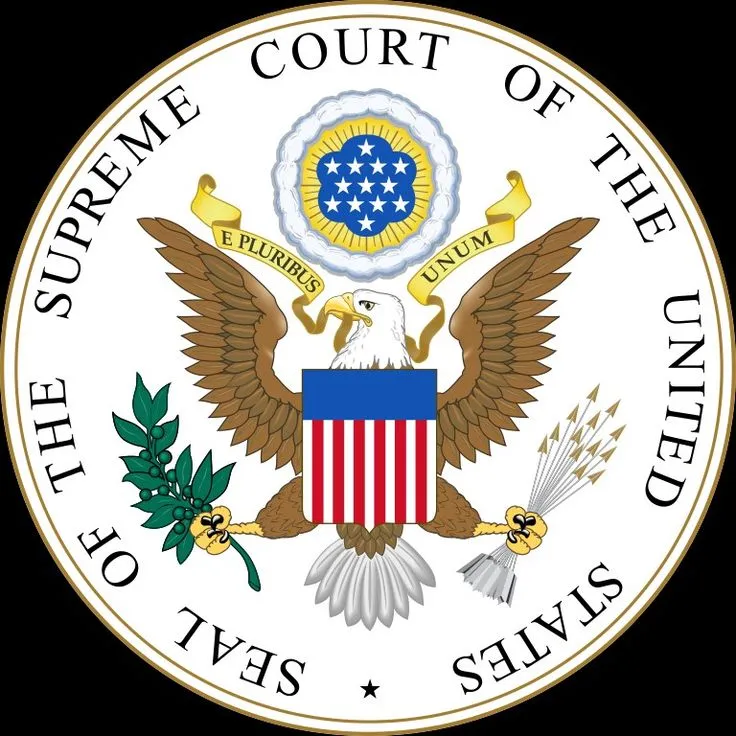The U.S. Supreme Court has dealt a significant blow to major oil companies by refusing to hear their appeals in a series of high-stakes climate lawsuits. The decision allows cases filed by state and local governments—including California, Rhode Island, Honolulu, and Baltimore—to move forward in state courts, where they aim to hold fossil fuel giants financially responsible for climate change damages.

These lawsuits accuse companies like ExxonMobil, Chevron, BP, and Shell of knowingly misleading the public about the dangers of burning fossil fuels while continuing to profit from them. Cities and states argue that these corporations should now pay for the escalating costs of climate-related disasters, from rising sea levels to devastating wildfires. The oil industry had pushed to have these cases heard in federal court, where they believed they stood a better chance of dismissal, but the Supreme Court’s refusal to intervene leaves them fighting legal battles across multiple state jurisdictions.

Industry groups and Republican-led states like Texas and Louisiana had warned that allowing these lawsuits to proceed could create a patchwork of conflicting state rulings, disrupting national energy policy. “Climate policy should be decided by lawmakers, not courts,” argued Ryan Meyers of the American Petroleum Institute. Critics also claimed that if companies are forced to pay billions in damages, those costs could trickle down to consumers through higher gas and utility prices.



Environmental advocates, however, celebrated the decision as a major step toward corporate accountability. “These companies knew their products were harming the planet and lied about it for decades,” said Richard Wiles of the Center for Climate Integrity. “Now, communities can seek justice where the damage is being felt most—in their own courts.” Legal experts note that while the Supreme Court’s move doesn’t end the legal fight, it signals a pivotal shift in how climate liability may be enforced in the absence of strong federal action.


